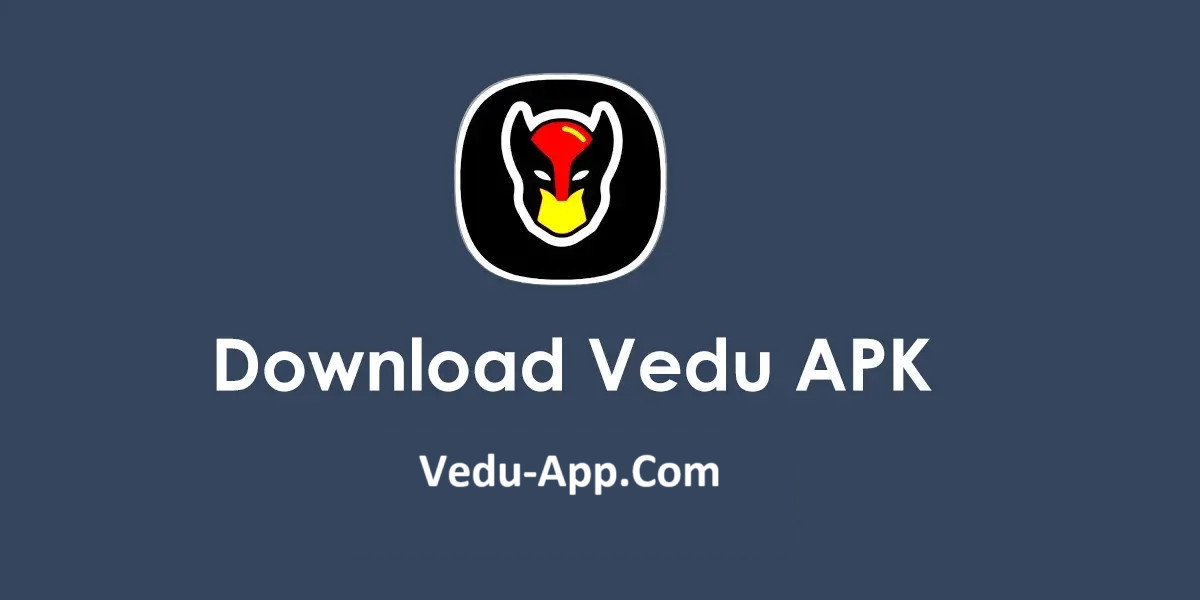In 2025, user experience, website speed, and security are no longer just optional perks—they're essential. As WordPress continues to dominate the CMS market, website owners are under more pressure than ever to optimize performance. One of the most effective ways to achieve this is by choosing the best CDN for WordPress.
A Content Delivery Network (CDN) dramatically improves your site’s load times by distributing content across global servers. But not all CDNs are created equal, and choosing the wrong one can result in poor performance—or worse, errors like the dreaded 502 bad gateway WordPress issue.
In this article, we’ll explore what a CDN does, why it's vital for WordPress websites, how to select the best CDN for your needs, and how it interacts with popular WordPress Page Builders.
What Is a CDN and Why Does Your WordPress Site Need One?
A Content Delivery Network (CDN) is a network of servers distributed geographically. Its main purpose is to deliver web content—such as images, scripts, stylesheets, and videos—to users from the server closest to them.
Benefits of Using a CDN:
Faster load times by reducing latency
Better scalability during traffic spikes
Improved SEO through speed optimization
Enhanced security with DDoS protection
Reduced server load on your origin hosting
For WordPress websites—especially those using heavy themes or WordPress Page Builders like Elementor, Divi, or WPBakery—a CDN ensures that your site doesn’t buckle under the pressure of rich media and scripts.
How a CDN Can Prevent the 502 Bad Gateway WordPress Error
If you've ever encountered a 502 bad gateway WordPress error, you know how frustrating and disruptive it can be. This server-side error typically happens when a gateway or proxy server gets an invalid response from the upstream server.
Using a reliable CDN for WordPress can help mitigate or prevent these errors by:
Load balancing: Distributing traffic across multiple servers prevents overload
Caching: Frequently accessed content is served instantly from edge servers
Failover support: If one server goes down, another picks up the load seamlessly
While a CDN can't fix every 502 error (especially those due to plugin conflicts or server misconfiguration), it significantly reduces the risk of server overload, one of the most common causes.
Top Features to Look for in the Best CDN for WordPress
Not all CDNs offer the same performance or WordPress compatibility. When shopping for the best CDN for WordPress, keep these key features in mind:
1. WordPress Integration
Choose a CDN that integrates easily with WordPress plugins like W3 Total Cache, WP Rocket, or CDN Enabler. Some CDNs even offer dedicated WordPress plugins for seamless setup.
2. Global Server Coverage
The more edge locations a CDN has, the better. This ensures your content is delivered quickly to users no matter where they are in the world.
3. SSL and Security Features
Your CDN should support HTTPS and include built-in protection against DDoS attacks, data breaches, and other vulnerabilities.
4. Real-Time Analytics
A good CDN provides traffic reports, bandwidth usage, and performance metrics to help you monitor and optimize your site.
5. Caching Rules and Customization
Some CDNs allow you to set custom caching rules, purge cache manually, or bypass cache for logged-in users—a huge plus for membership and e-commerce sites.
Top CDNs for WordPress in 2025
Here’s a look at some of the best CDN providers for WordPress this year:
1. Cloudflare
Arguably the most popular CDN for WordPress, Cloudflare offers a free plan, robust DDoS protection, and global coverage. It also improves security with firewall and bot mitigation tools.
2. KeyCDN
Designed with simplicity in mind, KeyCDN integrates seamlessly with WordPress and offers real-time stats, custom rules, and pay-as-you-go pricing.
3. StackPath
Great for performance optimization, StackPath features an intuitive dashboard, instant purging, and built-in WAF (Web Application Firewall).
4. Bunny.net
Known for affordability and ease of use, Bunny.net is ideal for bloggers, small businesses, and developers. It includes image optimization, bandwidth control, and a user-friendly interface.
5. Amazon CloudFront
Amazon’s enterprise-grade CDN, CloudFront, is incredibly powerful but requires some technical knowledge. It’s best suited for large-scale or high-traffic websites.
CDNs and WordPress Page Builders: Compatibility Matters
WordPress Page Builders like Elementor and Divi are popular for creating visually engaging pages with drag-and-drop simplicity. However, they often produce extra CSS, JS, and image files, which can slow down your site.
Here’s where a CDN plays a crucial role:
Offloading assets: CDNs cache and deliver all static content like images, stylesheets, and scripts, reducing load on your server.
Minification support: Some CDNs automatically minify CSS and JS generated by Page Builders.
Image optimization: Tools like Bunny.net or Cloudflare offer on-the-fly image resizing and WebP conversion.
If you're using a Page Builder, the best CDN for WordPress should support dynamic caching and intelligently handle those additional resources to maximize performance.
Best Practices When Using a CDN with WordPress
Even the best CDN won’t help if it’s not set up correctly. Here are a few tips:
1. Test Before and After Implementation
Use tools like GTmetrix, Pingdom, or PageSpeed Insights to benchmark your site's speed before and after adding a CDN.
2. Purge the Cache After Updates
Whenever you update content, plugins, or themes, make sure to purge your CDN cache to reflect changes immediately.
3. Avoid Double Caching
Don’t stack multiple caching plugins or CDNs that might conflict. Stick to one well-configured plugin alongside your CDN.
4. Monitor for Errors
Set up monitoring to catch issues like 502 bad gateway WordPress errors early. Tools like Uptime Robot or your CDN’s analytics can help.
Final Thoughts
Choosing the best CDN for WordPress in 2025 is more than a technical decision—it's a strategic one. A well-integrated CDN improves user experience, enhances SEO, and safeguards your site against traffic surges and cyber threats.
Whether you're running a blog with WordPress Page Builders or managing an enterprise-level website, a CDN is a must-have. And if you’ve ever faced performance issues or recurring 502 bad gateway WordPress errors, it might just be the upgrade your site needs.
Take the time to evaluate your options, test performance, and work with reliable tools. Your visitors—and your search rankings—will thank you.








